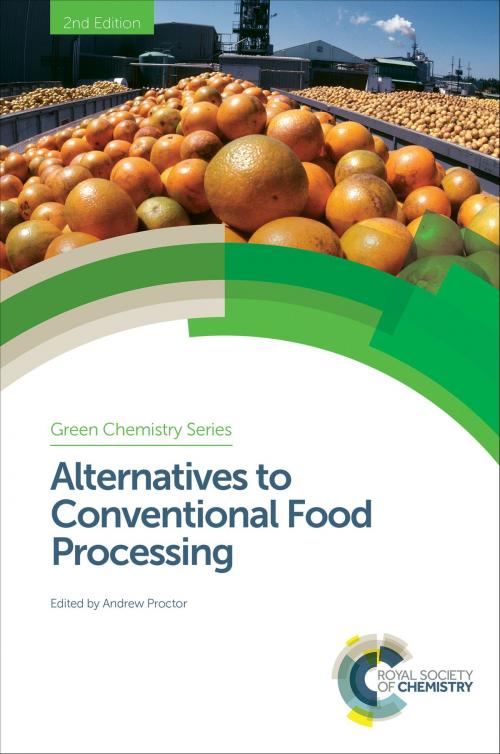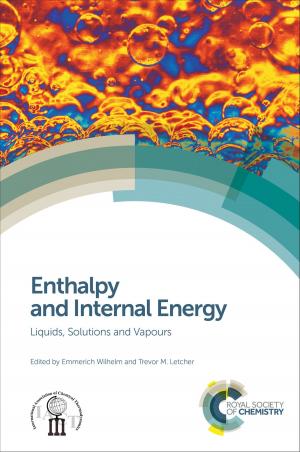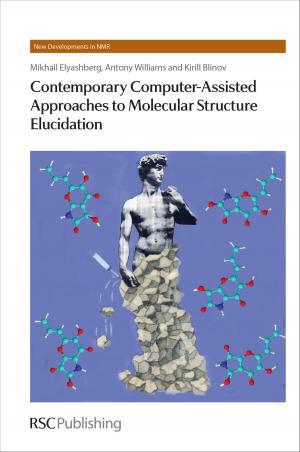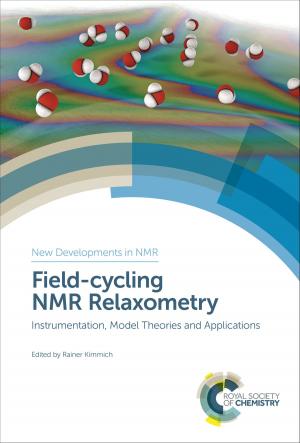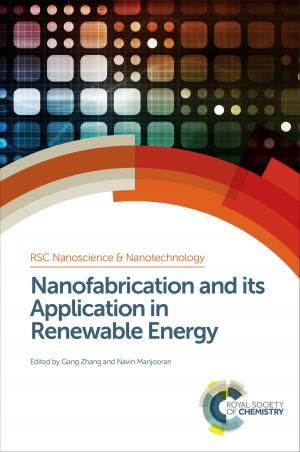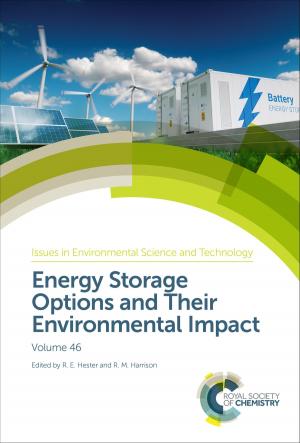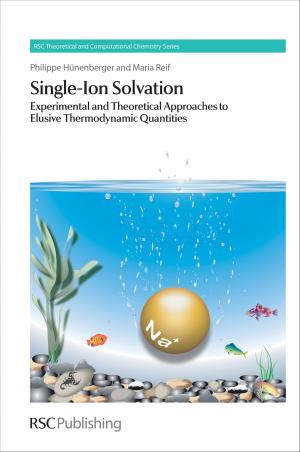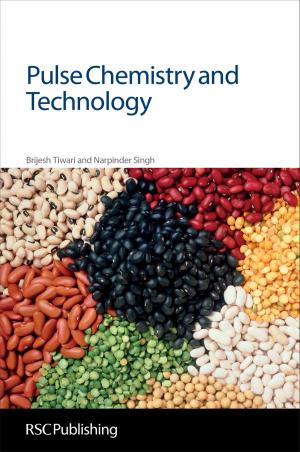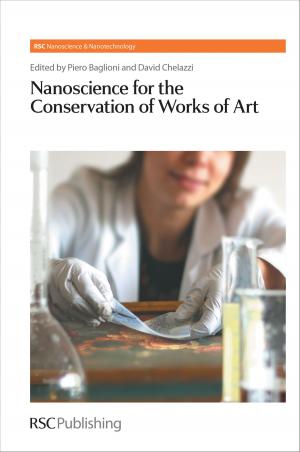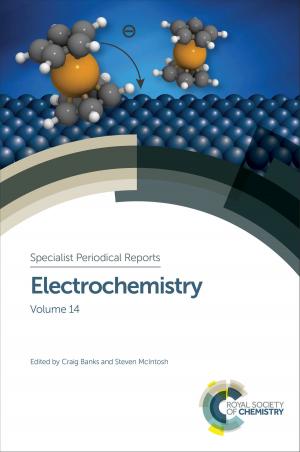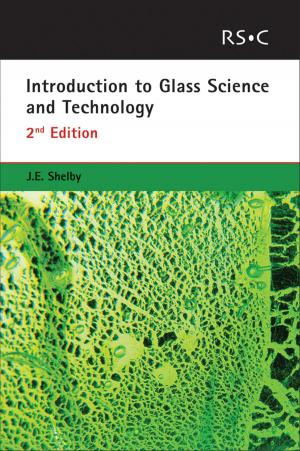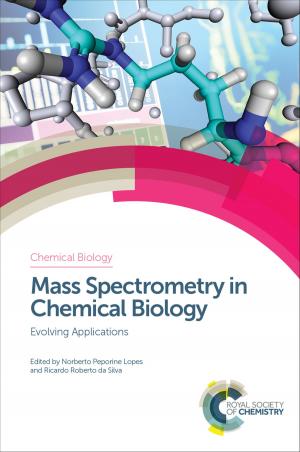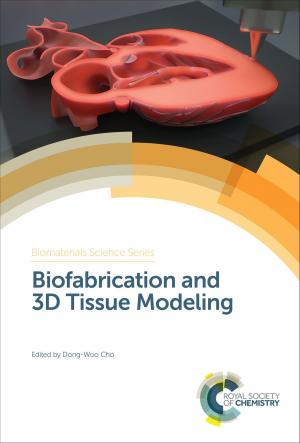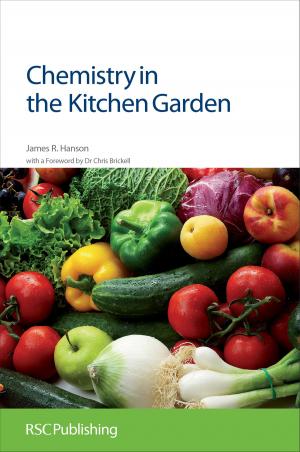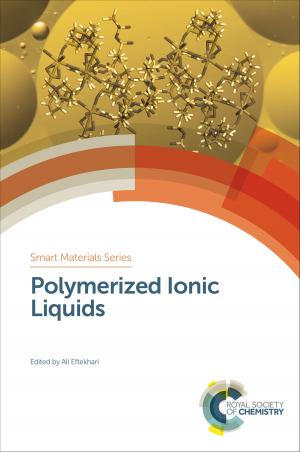Alternatives to Conventional Food Processing
Nonfiction, Science & Nature, Science, Chemistry, Technical & Industrial, General Chemistry, Technology| Author: | Greg Thoma, Neal Fortin, Brian McKenna, Brendan A Niemira, Sara Spilimbergo, Keerthi Srinivas, Stephanie Jung, Muthpandian Ashokkumar, Carmen Moraru, Griffiths Atungulu, Thien Trung Le | ISBN: | 9781788014038 |
| Publisher: | Royal Society of Chemistry | Publication: | January 17, 2018 |
| Imprint: | Royal Society of Chemistry | Language: | English |
| Author: | Greg Thoma, Neal Fortin, Brian McKenna, Brendan A Niemira, Sara Spilimbergo, Keerthi Srinivas, Stephanie Jung, Muthpandian Ashokkumar, Carmen Moraru, Griffiths Atungulu, Thien Trung Le |
| ISBN: | 9781788014038 |
| Publisher: | Royal Society of Chemistry |
| Publication: | January 17, 2018 |
| Imprint: | Royal Society of Chemistry |
| Language: | English |
Traditional thermal and freezing processing techniques have been effective in maintaining a safe high quality food supply. However, increasing energy costs and the desire to purchase environmentally responsible products have been a stimulus for the development of alternative technologies. Furthermore, some products can undergo quality loss at high temperatures or freezing, which can be avoided by many alternative processing methods.
This second edition of Alternatives to Conventional Food Processing provides a review of the current major technologies that reduce energy cost and reduce environmental impact while maintaining food safety and quality. New technologies have been added and relevant legal issues have been updated. Each major technology available to the food industry is discussed by leading international experts who outline the main principles and applications of each. The degree to which they are already in commercial use and developments needed to extend their use further are addressed.
This updated reference will be of interest to academic and industrial scientists and engineers across disciplines in the global food industry and in research, and to those needing information in greener or more sustainable technologies.
Traditional thermal and freezing processing techniques have been effective in maintaining a safe high quality food supply. However, increasing energy costs and the desire to purchase environmentally responsible products have been a stimulus for the development of alternative technologies. Furthermore, some products can undergo quality loss at high temperatures or freezing, which can be avoided by many alternative processing methods.
This second edition of Alternatives to Conventional Food Processing provides a review of the current major technologies that reduce energy cost and reduce environmental impact while maintaining food safety and quality. New technologies have been added and relevant legal issues have been updated. Each major technology available to the food industry is discussed by leading international experts who outline the main principles and applications of each. The degree to which they are already in commercial use and developments needed to extend their use further are addressed.
This updated reference will be of interest to academic and industrial scientists and engineers across disciplines in the global food industry and in research, and to those needing information in greener or more sustainable technologies.
